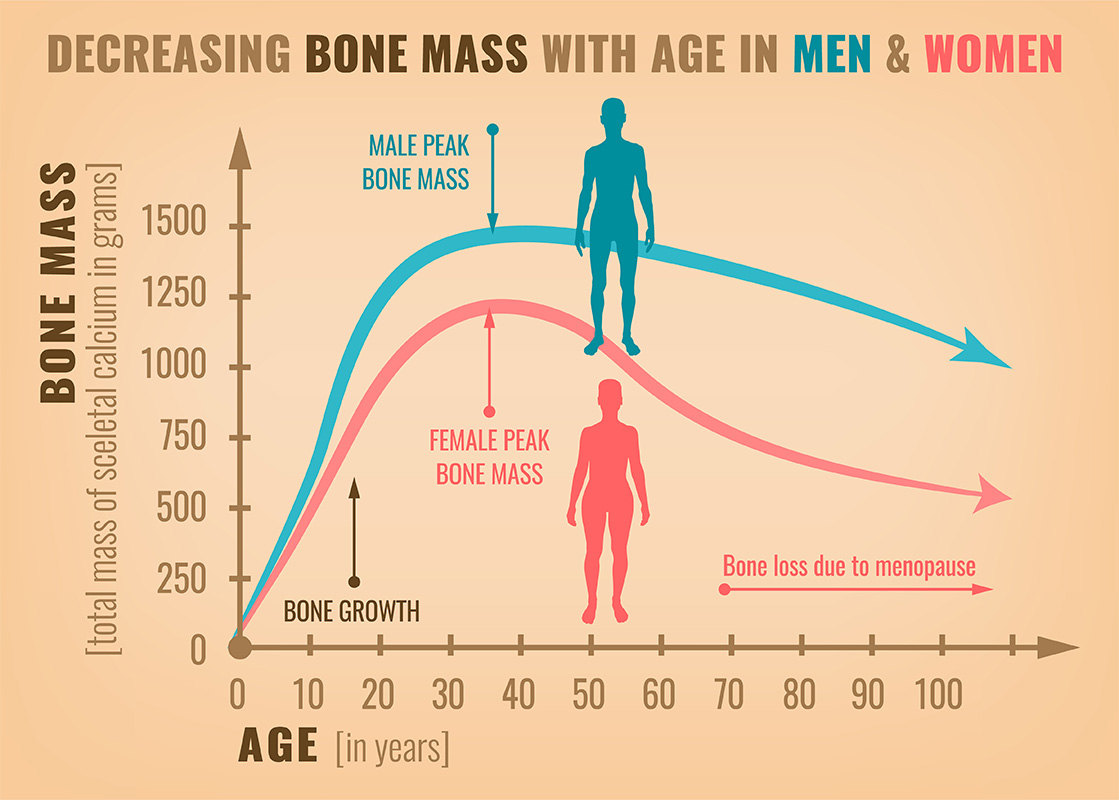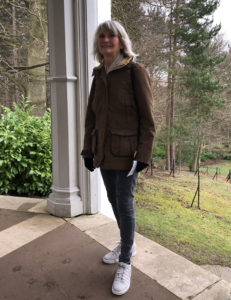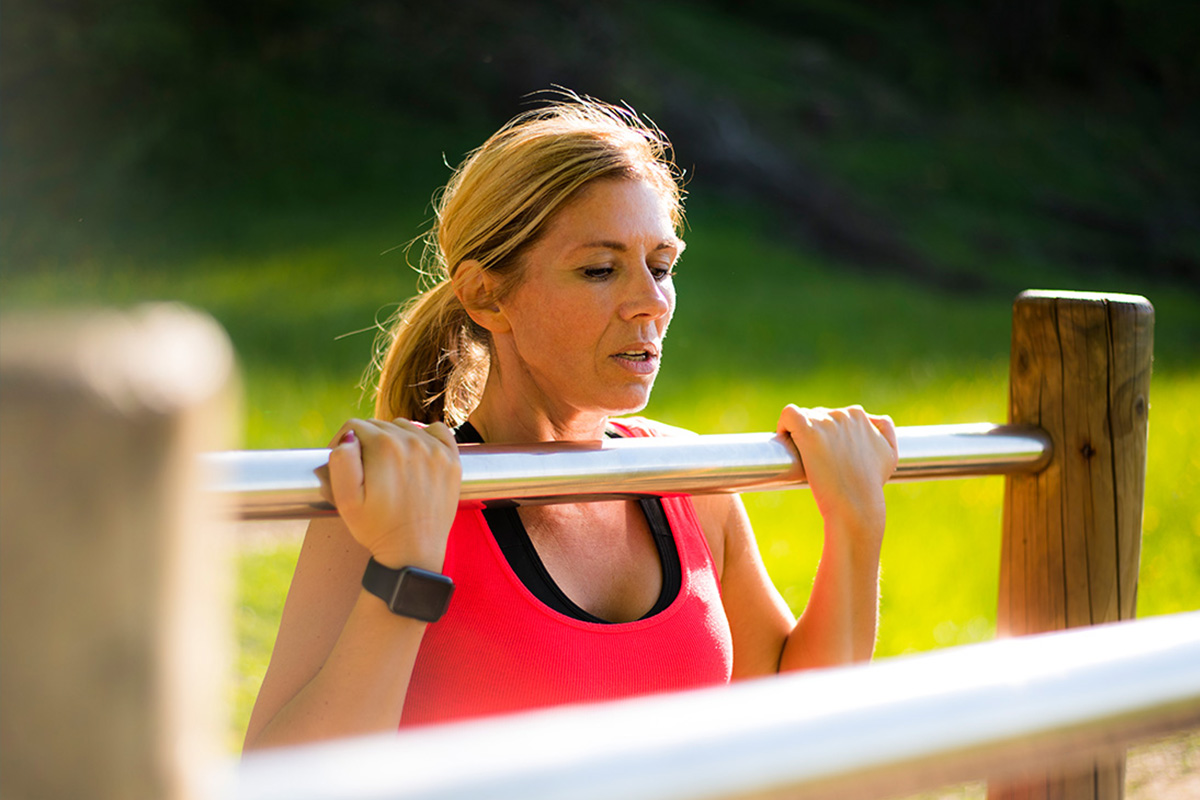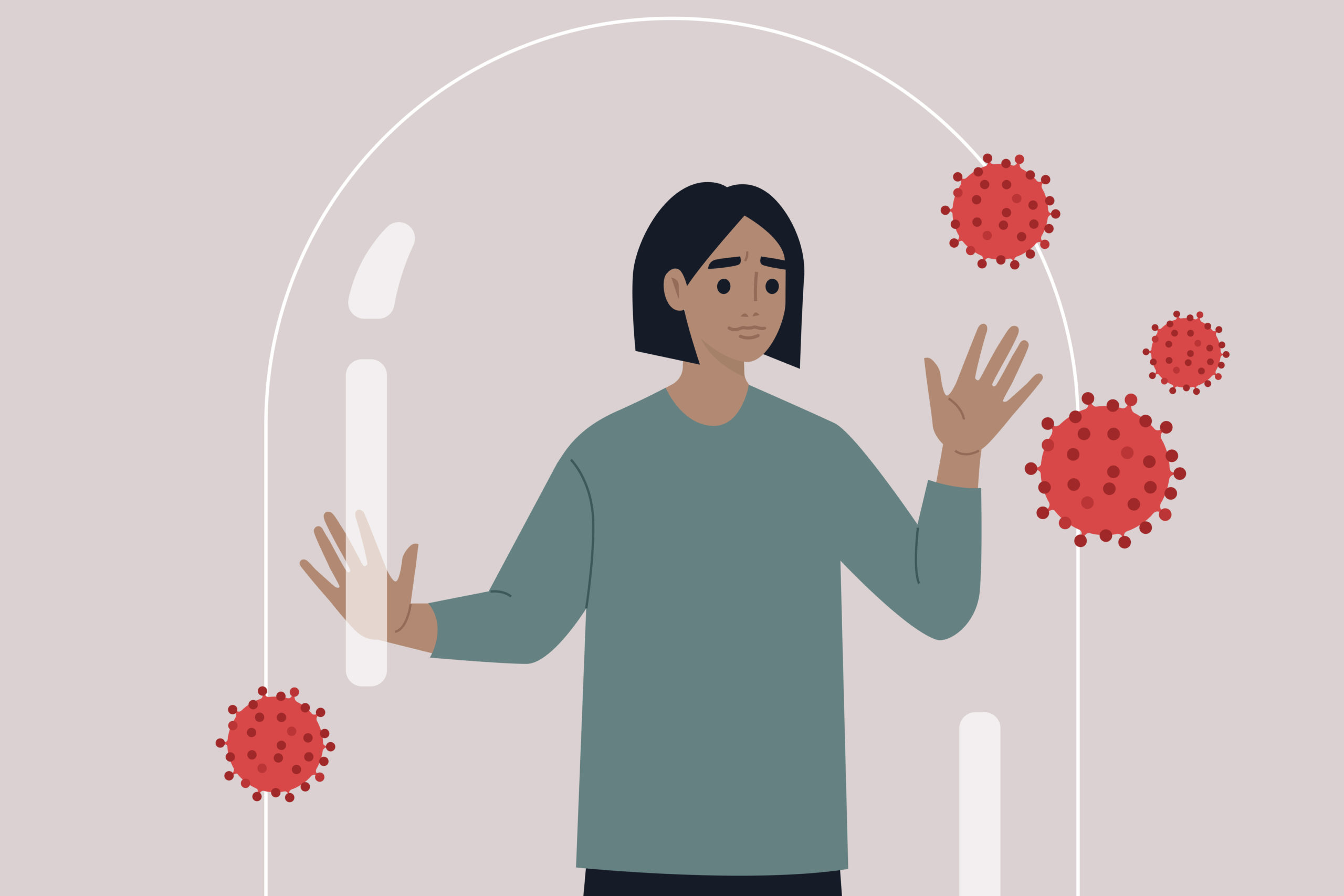Women can lose up to 20% of their bone density 5 – 7 years after the menopause.
Oestrogen plays a key role in maintaining bone density and the dramatic drop in this hormone during the menopause means postmenopausal women are particularly at risk to osteoporosis.
So, what is this disease, and should you be worried about it?
What is osteoporosis?
A disease that weakens bones, causing a loss of bone mass and strength. It is typically caused by loss of hormones, which is why postmenopausal women are particularly susceptible.

“Osteoporosis is an asymptomatic condition until you experience a fracture,” explains endocrinologist Geetha Gopalakrishnan, MD an assistant professor of medicine in the division of endocrinology, diabetes, and metabolism at Brown University School of Medicine in Providence, Rhode Island. Or in other words, it’s a silent disease and you aren’t going to see any symptoms until a fracture, which makes it hard to detect without a test. Pain, for instance, isn’t a usual indication of bone loss.
What can it cause?
- Fractured bones
- Collapsed vertebrae
- Loss of height
- Stooped posture
 Chris Stableford aged 71, explains her experience with the disease, “I broke my wrist whilst ice skating with grandchildren which resulted in my osteoporosis diagnosis. 18 months later I broke my shoulder. During my late 40s/early 50’s I had a very demanding job and seldom found time to go to the Gym, assuming that my active leisure activities (fell walking, cycling & skiing) were sufficient to keep me fit.
Chris Stableford aged 71, explains her experience with the disease, “I broke my wrist whilst ice skating with grandchildren which resulted in my osteoporosis diagnosis. 18 months later I broke my shoulder. During my late 40s/early 50’s I had a very demanding job and seldom found time to go to the Gym, assuming that my active leisure activities (fell walking, cycling & skiing) were sufficient to keep me fit.
It is easy in retrospect to pinpoint the factors in my earlier lifestyle that contributed to the development of Osteoporosis. My leisure activities ensured a strong lower body, but one important aspect was missing – weight training to strengthen specific muscles and bone density in my upper body. Throughout my life, I have always followed a healthy diet, but I now realise that one thing was lacking – foods rich in calcium. During the menopause I took HRT, my only regret is that I didn’t continue taking it into my 70s. ‘My’ Consultant is a great believer in HRT and said his 80+ mother still takes it! There are far more serious cases of Osteoporosis – some sufferers can crack a rib just by turning over in bed! I believe that taking HRT saved me from that. My advice is to be aware of ALL the factors that contribute to the development of Osteoporosis and, if applicable, make lifestyle changes NOW.”
Treatment for osteoporosis
While you can’t completely reverse the disease and there is unfortunately no cure, you can improve you can take measures to prevent fractures by improving bone density.
“You can reverse the consequences of osteoporosis,” says Robert Heaney, MD, vice president for research and professor of medicine at Creighton University in Omaha, Neb.
Common treatments include:
- Bisphosphonates
- HRT has been demonstrated as one of the most effective preventions of osteoporosis for women post-menopause. [1]
Supplements
- Calcium (as much as 1500mg per day)
- Magnesium
- Eat oily fish and eggs regularly
- Vitamin D
Consult your GP to decide the best treatment for you.
Exercises
Resistance exercises, this will build muscle and bone mass (the natural response of bone strain caused by building more bone).
See our articles on resistance training for beginners to get started. Additionally, studies have shown HIIT to “preserve bone density while improving muscle mass, strength and balance in postmenopausal women”.
Get checked out…
While osteoporosis is a painless disease, the consequences such as fractures are. If you’re in your late 40s to early 50s and are menopausal or postmenopausal it’s important to get checked out and have a bone density test. The sooner you identify it the sooner you can start building your mass back up and prevent fractures.





